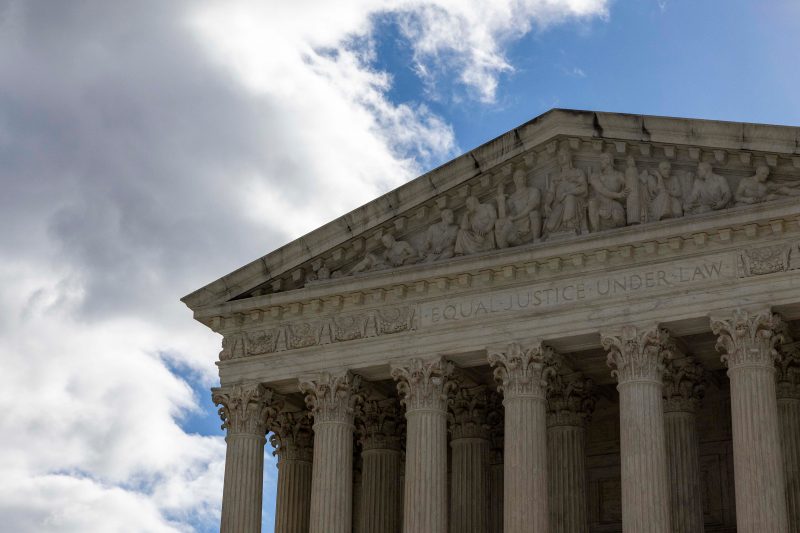The Supreme Court Takes on Landmark Cases: Analyzing the Impact
In its latest session, the Supreme Court of the United States has chosen to review a number of significant cases that could have far-reaching implications on society. Among these cases are challenges to vape regulations and restrictions on access to adult content for minors. The decisions made by the highest court in the land will undoubtedly shape the legal landscape for years to come.
Vape Regulations: Balancing Public Health and Personal Freedoms
One of the cases that the Supreme Court has taken up involves challenges to regulations on the sale and marketing of vaping products. These regulations, put in place by the Food and Drug Administration (FDA), aim to curb the rising rates of vaping among young people and address concerns about the health risks associated with e-cigarettes.
Proponents of the regulations argue that they are necessary to protect public health, particularly among vulnerable populations such as teenagers. They point to studies showing a sharp increase in vaping among minors and the potential long-term health consequences of nicotine addiction.
On the other hand, opponents of the regulations contend that they infringe upon personal freedoms and stifle innovation in the e-cigarette industry. They argue that adults should have the right to make their own choices regarding vaping products and that the regulations are overly burdensome and unnecessary.
The Supreme Court’s decision in this case will likely have a significant impact on the regulation of vaping products in the future. Depending on the outcome, we may see either stricter regulations that restrict access to e-cigarettes or a loosening of restrictions that allow for greater freedom in the market.
Pornography Access for Minors: Protecting Children in the Digital Age
Another case that the Supreme Court will be addressing is the issue of access to adult content for minors. The case raises questions about the responsibility of online platforms and the government in preventing children from accessing inappropriate material on the internet.
Advocates for stricter controls on pornography access argue that exposure to adult content at a young age can have harmful effects on children’s development and mental health. They point to the proliferation of explicit material online and the ease with which minors can access it as a pressing concern that requires immediate action.
Those opposing stricter controls emphasize the importance of free speech and the rights of adults to consume legal content without excessive censorship. They argue that parents should bear primary responsibility for monitoring their children’s online activities and that government intervention in this area is unnecessary and potentially harmful.
The Supreme Court’s ruling on this case will have implications for how online platforms are required to regulate adult content and the extent to which the government can intervene in this domain. It will also shed light on where the boundaries lie between protecting children from harmful material and upholding the principles of free speech and individual autonomy.
Conclusion
As the Supreme Court prepares to tackle these and other important cases, the decisions it makes will shape the legal framework within which we live. The balance between public health and personal freedoms, protection of children and individual rights, and the role of the government in regulating private behavior are all at stake in these cases. It is essential that the Court carefully considers these complex issues and weighs the potential consequences of its decisions on society as a whole.

